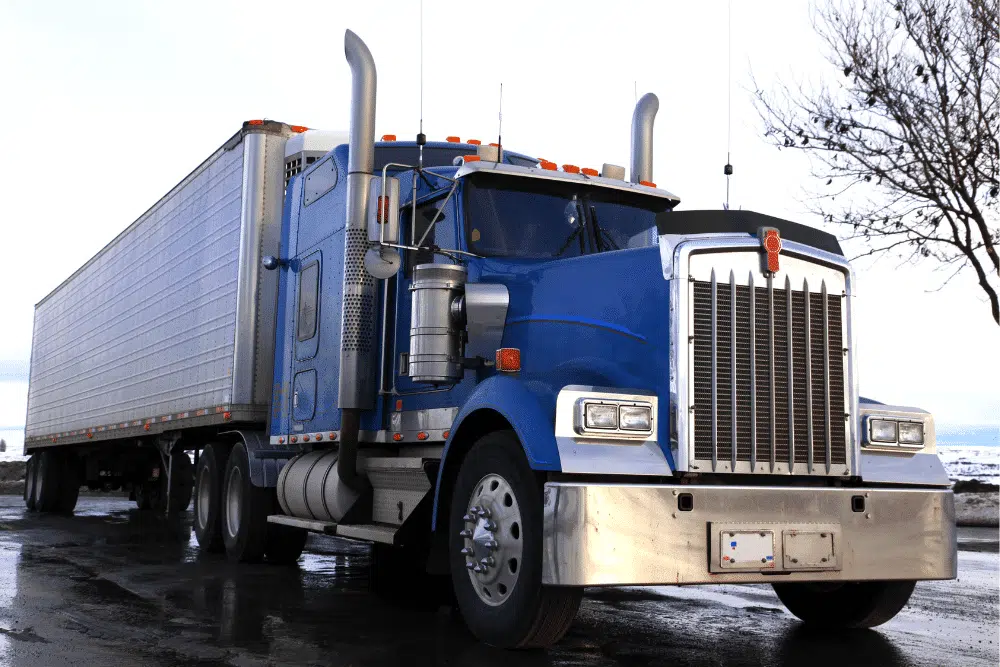
Read Bio
Cari Silverman has been a successful trial lawyer and advocate for injured accident victims and grieving families since 2011. She has won millions in compensation in cases involving car and truck accidents, wrongful death, and medical malpractice. She has been recognized by Illinois Super Lawyers as a Rising Star every year since 2013. In 2020, Leading Lawyers designated her as one of the Top 10 Emerging Women Lawyers. She has lectured for the Illinois Institute for Continuing Legal Education, and her writing has been published in the Chicago Daily Law Bulletin and Trial Magazine.
Read Bio
Cari Silverman has been a successful trial lawyer and advocate for injured accident victims and grieving families since 2011. She has won millions in compensation in cases involving car and truck accidents, wrongful death, and medical malpractice. She has been recognized by Illinois Super Lawyers as a Rising Star every year since 2013. In 2020, Leading Lawyers designated her as one of the Top 10 Emerging Women Lawyers. She has lectured for the Illinois Institute for Continuing Legal Education, and her writing has been published in the Chicago Daily Law Bulletin and Trial Magazine.
Truck accidents can cause devastating injuries that can change your life forever. Preventing these crashes is vital for keeping communities safe and avoiding complicated, costly legal consequences for those involved.
In this article, the knowledgeable Chicago truck accident lawyers at Levin & Perconti will explore the role hours of service driving regulations play in preventing big truck crashes. If you’ve been hurt in a big truck crash, contact us online or call 877-374-1417 today for a free case evaluation.
Hours of Service (HOS) Regulations: What Truck Drivers Need to Know
Federal regulations require truck drivers to limit their working shifts to a certain number of hours based on certain circumstances, adding critical safeguards against driver fatigue and holding businesses accountable for their practices.
For property-carrying drivers, the Federal Motor Carrier Safety Administration (FMCSA) hours of service rules cap driving time at 11 straight hours after 10 hours off duty. The on-duty limits also prevent truck drivers from operating after the 14th straight hour after starting a shift, no matter how many hours they’ve driven during that period. Drivers can split up their required 10 hours off if they spend at least seven straight hours in the “sleeper berth” compartment of their truck.
Drivers can ‘split’ the off-duty period—one period of at least seven consecutive hours in the sleeper berth and another off-duty period of at least 2 hours—so long as the two periods total 10 hours and meet FMCSA rules.
The rules set maximum weekly work hours at 60 over seven days and 70 over eight days. Those weekly periods can be reset by taking 34 or more hours off work.
Additional regulations include:
- A 30-minute break after eight cumulative hours of driving time without at least a 30-minute interruption.
- A short-haul exception for certain local drivers operating within 150 air miles who return to the same work reporting location within a 14-hour duty window; this exception changes recordkeeping and duty-period limits. Drivers must still comply with all applicable safety requirements.
- An exception allowing for two-hour extensions to the 11 and 14-hour driving limits during adverse weather conditions
The Goals of Truck Driving Hours Regulations: Ensuring Safety for All Road Users
The FMCSA hours of service rules are designed to prevent truck driver fatigue accidents, keeping truckers safe at work and those around them safe on the road. When these rules are breached, that can become a key factor in proving negligence and holding carriers accountable.
If trucking companies push their workers to violate these safety regulations, they can put others at risk for severe injuries and even death. If hours of service violations lead to a truck accident, the driver’s employer can be held liable for any resulting injuries and damage. Our trusted Chicago truck accident attorneys can help you identify liable parties and hold them accountable for ignoring important safety rules.
Protect Your Rights After a Truck-Related Accident
If you’ve been hurt in a truck accident, it’s important to take action quickly if you’re able. Some steps to take in the immediate aftermath of a crash include:
- Get to safety: Move away from traffic and other hazards before doing anything else.
- Gather information: If you’re not seriously hurt, take photos of the scene, including your injuries and any vehicle damage, and note any cameras (dashcams/nearby businesses) that might have captured the collision. Exchange information with the truck driver and any nearby witnesses or other victims.
- Seek medical attention: Get checked out by a nearby health care provider as soon as possible, whether or not you have any visible injuries. Seeking early treatment can prevent serious complications, help get ahead of late-developing injuries, and strengthen your claim with additional evidence. Be sure your provider records all symptoms and you follow their treatment plan.
- Don’t talk to liable parties: Avoid interacting with the trucking company or their insurers before speaking with a lawyer. Insurance companies can and will use your words against you and undermine your case with shady tactics.
- Contact a lawyer: An experienced truck accident attorney can help you build your case, identify liable parties, and pursue all available compensation.
How Our Truck Accident Lawyers Can Help
Our trusted truck accident team can handle every step of your case after a crash, including:
- Investigating the accident
- Gathering evidence
- Communicating with liable parties and insurance companies
- Handling settlement negotiations
- Filing a lawsuit and representing you in court if necessary
We’re committed to holding trucking companies accountable for violating commercial vehicle safety regulations and putting drivers in danger. If you’ve been hurt in a truck accident, contact us online or call 877-374-1417 today to schedule your free case evaluation.





